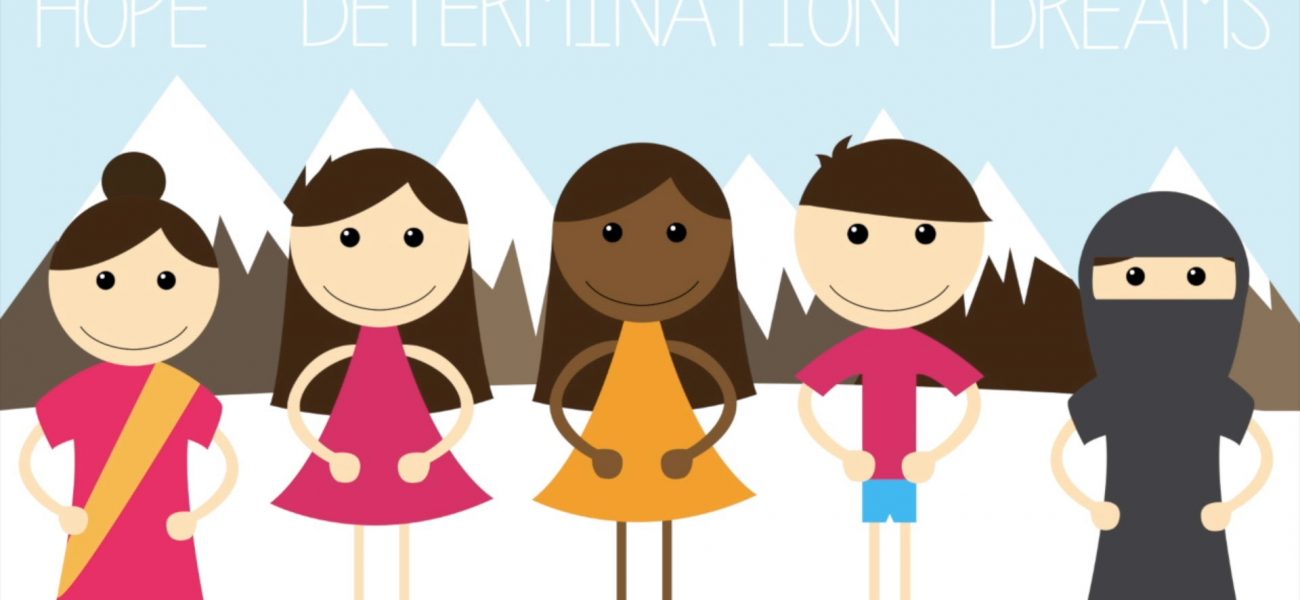 Nigeria in early October joined the rest of the world in celebrating the International Day of the Girl themed “With Her, a more skilled Workforce” focused mainly on the adversities hindering young girls from having access and gaining entry into the workplace highlighted. While there is an International Women’s Day and an International Day of the Child, the International Day of the Girl is distinguished for accentuating the peculiarities girls face for simply being young and female.
Nigeria in early October joined the rest of the world in celebrating the International Day of the Girl themed “With Her, a more skilled Workforce” focused mainly on the adversities hindering young girls from having access and gaining entry into the workplace highlighted. While there is an International Women’s Day and an International Day of the Child, the International Day of the Girl is distinguished for accentuating the peculiarities girls face for simply being young and female.
Some of the obstacles girls face in having access and gaining entry into the workplace as highlighted by the recent celebration for example include child marriage, sexual assault, female genital mutilation and inequality which remain prevalent practices globally but yet resonate with us as Nigerians.
Child marriages remain one of the most pressing issues facing the girl child worldwide with more than 700 million women alive today married before their 18th birthday and more than one in three (about 250 million) entering into the union before age 15[1]. In Nigeria, 43% of girls are married off before their 18th birthday with 17% married before they turn 15[2]. The prevalence of child marriage also varies widely from one region to another, with figures as high as 76% in the North West region and as low as 10% in the South East[3]. Nigeria, also accounts for the highest absolute number of female genital mutilation (FGM) worldwide, accounting for about a quarter of the estimated 115–130 million women in the world who have undergone its ritual[4].
Added to this is the insecurity crisis in the country that puts girls at a particularly vulnerable situation. It will be recalled that in April 2014, 276 schoolgirls were abducted from a Government Secondary school in Chibok, Borno State by the Boko-Haram terrorist group. Though some have been returned, the infamous plight of the girls may have curtailed the desire for education for young girls in the Northern region of the country.
However, despite the prevalence of these harmful practices, there have been efforts to address this problem. Presently, 26 out of 36 states in Nigeria have domesticated the Convention on the Rights of the Child, which outlaws child marriage. In the same vain, Violence against Persons Prohibition Law that outlaws female genital mutilation was assented to by former President Goodluck Jonathan in 2015. The 8th Assembly also sought to strengthen legislation through the Gender and Equal Opportunities Bill which seeks to provide for affirmative action for girls and a Sexual Offenders Bill that would have created a sexual offenders register/database in addition to domiciling a Sexual Offenders Monitoring Unit in the National Agency for the Prohibition of Trafficking in Persons to prevent the sexual exploitation of girls. However, there appears to be little political will to pass these Bills which have long been stalled at second reading/awaiting committee report stage despite public opinion largely in favour of their passage.
[1] The Prevention of Child Marriage in Montenegro: Challenges, Lessons Learnt and Theory of Change https://www.unicef.org/montenegro/Sprecavanje_djecjih_brakova_ENG_final.pdf
[2] Nigeria-Child Marriage Around The World. Girls Not Brides https://www.girlsnotbrides.org/child-marriage/nigeria/
[3] Nigeria-Child Marriage Around The World. Girls Not Brides https://www.girlsnotbrides.org/child-marriage/nigeria/
[4] An Overview of Female Genital Mutilation in Nigeria https://www.ncbi.nlm.nih.gov/pmc/articles/PMC3507121/

